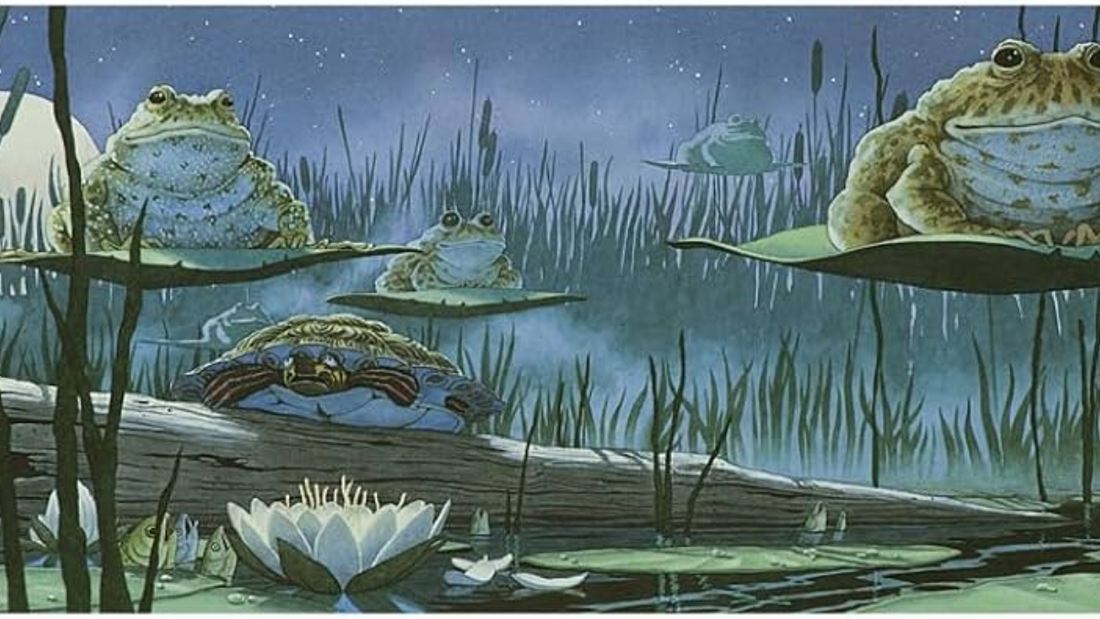I love the concept of wordless books for kids. Our kids loved the book "Good Night, Gorilla" by Peggy Rathmann - which contains only a few words, but leaves the rest of the story up to the imagination. So, when I spotted the book "Tuesday" by David Wiesner, I knew I had to order it. I'm so glad I did! It instantly became one of our kids favorites, and is the book that led us to discover ALL the books by David Wiesner (which have also become our favorites).

Wordless Picture Books
Wordless picture books are a unique and powerful tool in a child's literacy development. These books are rich with benefits that extend beyond just reading. Here are some of the best things about wordless books:
- Fosters Imagination and Creativity - Without words to guide the narrative, children are free to interpret the story in their own way. This encourages them to use their imagination, invent dialogue, and create their own version of events. Each reading can become a new adventure as the child explores different possibilities within the same set of illustrations. Every time you look at the book, a different story can emerge.
- Helps Develop Narrative Skills - Wordless picture books help children learn the structure of storytelling. As they interpret the sequence of images, they naturally develop an understanding of story elements such as setting, plot, and character development. This understanding forms the foundation for later reading and writing skills.
- Enhances Visual Literacy - These books teach children to "read" pictures, an essential skill in our visually driven world. By focusing on images, children learn to notice details, understand visual cues, and interpret emotions and actions without relying on text. This skill is crucial not only for reading comprehension, but also for navigating the visual information encountered in everyday life.
- Encourages Language Development - Even though there are no words, wordless picture books are a great way to stimulate language. Children are encouraged to describe what they see, narrate the story in their own words, and discuss the book with others. This practice enhances vocabulary, sentence structure, and overall language skills.
- Promotes Independent Reading - Wordless picture books are accessible to children of all ages and reading levels. Because they do not require the ability to decode text, even very young children or those struggling with reading can "read" these books independently. This independence builds confidence and a love for books.
- Builds Empathy and Understanding - The absence of words means that children must rely on visual cues to understand characters' emotions and motivations. This encourages them to think deeply about what others might be feeling or experiencing, fostering empathy and emotional intelligence.
Wordless picture books, like the ones by David Wiesner, are not just a stepping stone to more traditional reading - they are a rich and valuable resource in their own right. By opening the door to creativity, narrative understanding, visual literacy, language development, independent reading, and empathy, these books offer a broad range of benefits that contribute to a child's overall literacy and cognitive growth. And... they're also just good old FUN!
If you haven't experienced the books by David Wiesner, I highly recommend them for your family! Click the image below to get started...



